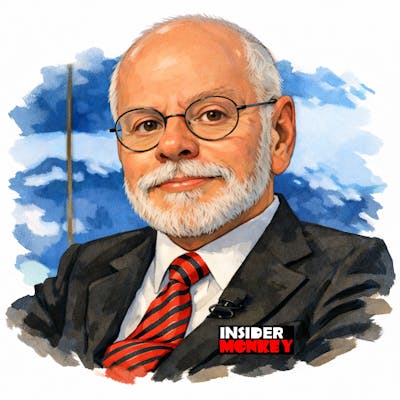10 Best Stocks to Buy According to Elliott Investment Management
Elliott Investment Management, founded in 1977 by Paul Singer, is one of the oldest fund managers in the industry.
Hedge Funds
News & Analysis
Top Fund Managers
Best Performing Funds
Featured Content
Insider Trading
News & Analysis
Latest Insider Purchases
Teuber bought 3,000 Ionq Inc. shares at $38.39
Welch bought 60 Patrick Industries Inc shares at $122.75
Clark bought 5,310 Rexford Industrial Realty Inc. shares at $37.73
Stockert bought 5,000 Rexford Industrial Realty Inc. shares at $37.39
Fitzmaurice bought 2,650 Rexford Industrial Realty Inc. shares at $37.55
Latest Insider Sales
Cardillo sold 5,165 Ionq Inc. shares at $39.44
Tenner sold 2,029 Amalgamated Financial Corp. shares at $38.50
Soderberg sold 20,000 Bloom Energy Corp shares at $180.00
Soderberg sold 25,244 Bloom Energy Corp shares at $177.93
Spenninck sold 19,000 Garrett Motion Inc. shares at $20.28
Featured Content
Do not Miss






















































































